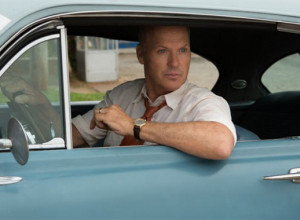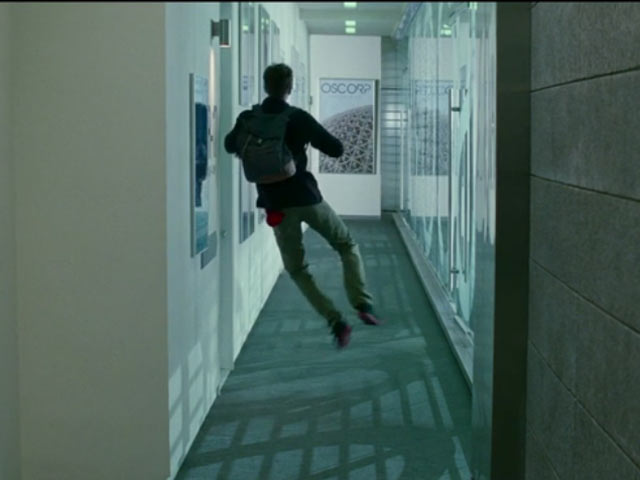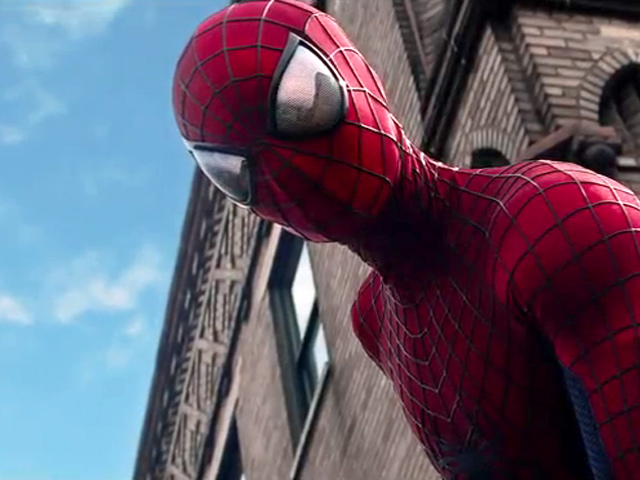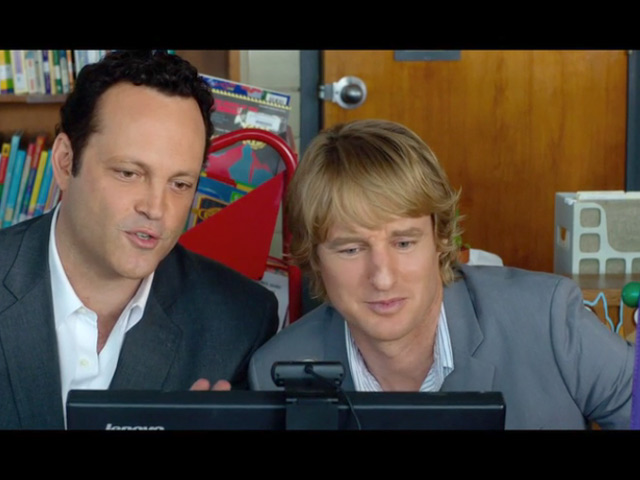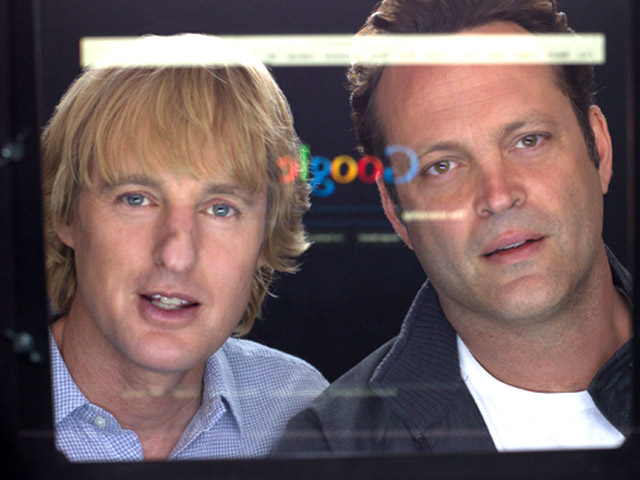This true story only barely avoids becoming sloppily sentimental, thanks to a solid cast and a final act that generates honest emotion. Awash with the Disney spirit, the film breaks free of the marketing machine to recount events that are lively and often very funny, but also manage to be sharply moving. It's the kind of crowd-pleaser that deserves to do well both at the box office and in awards ceremonies.

Set in 1961, it's the story of how Walt Disney (Hanks) finally lures PL Travers (Thompson) to Hollywood to woo her into signing over the film rights to Mary Poppins after some 20 years of pestering. She is equally determined to protect her creation, which is very close to her heart. But she agrees to work with the screenwriter (Whitford) and composers (Schwartzman and Novak) as long as she has veto power. Her demands are crazy ("I don't want the colour red anywhere in the movie!"), but everyone tries to win her over. Eventually Walt realises that he needs to find out exactly why Mary Poppins is so important to her. And that the story is more about Mary's affect on the family's father, Mr Banks, than the children.
Indeed, in parallel flashbacks we see Travers' childhood in rural 1906 Australia, where she lives as a young girl (Buckley) with her lively father (Farrell) and shattered mother (Wilson). Her dad's alcoholism is the driving force of these scenes, which feel like a completely separate film intercut with sunny 1960s Hollywood. But they add weight to Thompson's remarkably detailed performance, which is marvellously withering and hilarious, and also subtly emotional. Her interaction with the buoyant Hanks is sharp and jagged, and the film's nicest scenes are between Travers and her driver, sensitively played by Giamatti.
Continue reading: Saving Mr. Banks Review
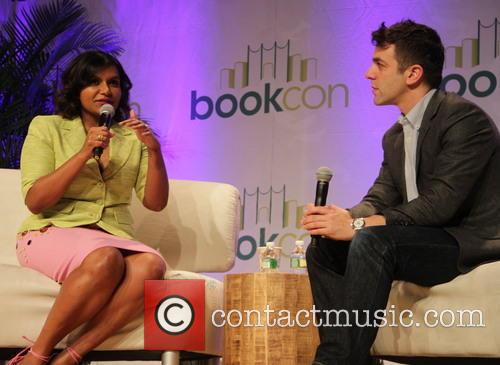 Mindy Kaling is writing a new book with ex BJ Novak.
Mindy Kaling is writing a new book with ex BJ Novak.

